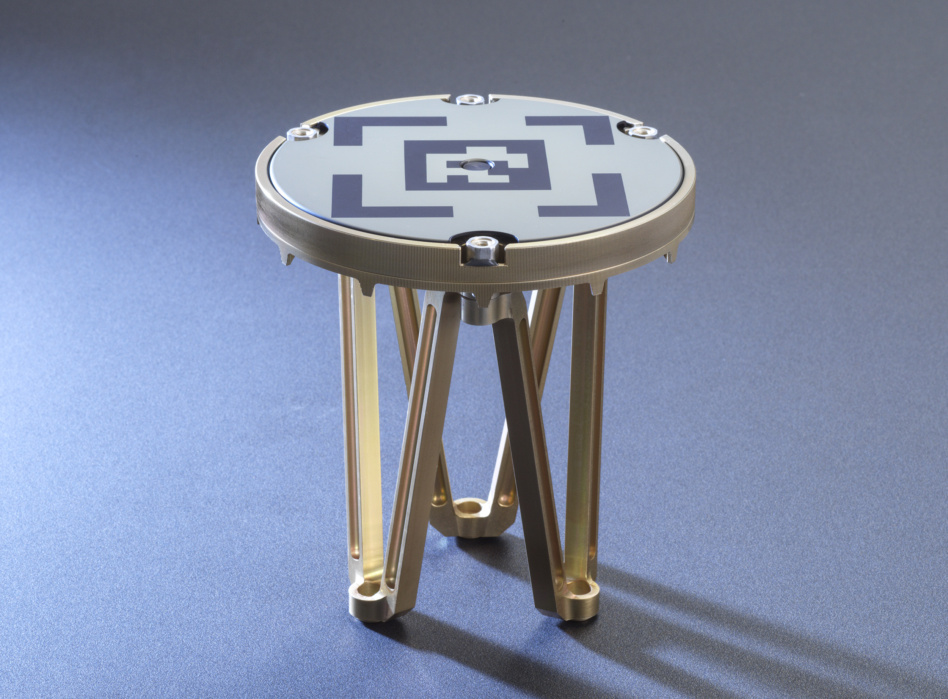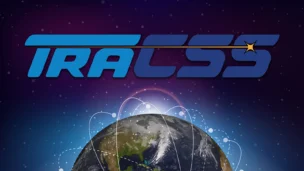Xona Space Systems’ fleet of next-gen PNT sats will be fitted with docking plates supplied by in-orbit servicing firm Astroscale, to ensure the venture leaves no space trash behind.
Crowded neighborhood: Xona’s Pulsar constellation, which will include 258 sats in LEO, aims to provide PNT services that are more accurate and reliable than existing GPS. The satellites will orbit 20 times closer to Earth than GPS, making Pulsar’s signals much more difficult to jam or spoof.
The Pulsar satellites’ proximity to Earth, however, will also contribute to the clutter in LEO. Congestion is only expected to get worse as many more satellite constellations join thousands of sats already in orbit.
“We have to build the infrastructure in space with long-term stewardship in mind,” Andrew Faiola, Astroscale UK’s commercial VP, said in a statement. “Our docking plates make Xona’s satellites ready for the future, whether that means extending their life, removing them responsibly, or upgrading their capabilities.”
Background: Xona, founded in 2019, has raised $150M, including a $20M non-dilutive award from the Space Force’s SpaceWERX office. The firm launched a demo mission called Huginn in 2022, and deployed its first production-class satellite—Pulsar-0—in June.
The startup expects to begin launching bigger satellite batches next year, with a goal of completing the constellation by the end of the decade. It is not clear whether the next group of satellites will already be equipped with Astroscale’s docking plates.
“Our work with Astroscale reinforces our belief that space infrastructure should evolve to continue meeting user needs, not remain frozen in time,” Giorgio Taylor, Xona’s director of business development for the UK and Europe, said in a statement.
Bigger picture: Xona could potentially solve the GPS vulnerability problem, which has become evident due to geopolitical tensions around the world. In addition to causing disruptions to civilian flights and shipping, GPS outages affect many everyday technologies—including financial services, power grids and oil-drilling operations.




